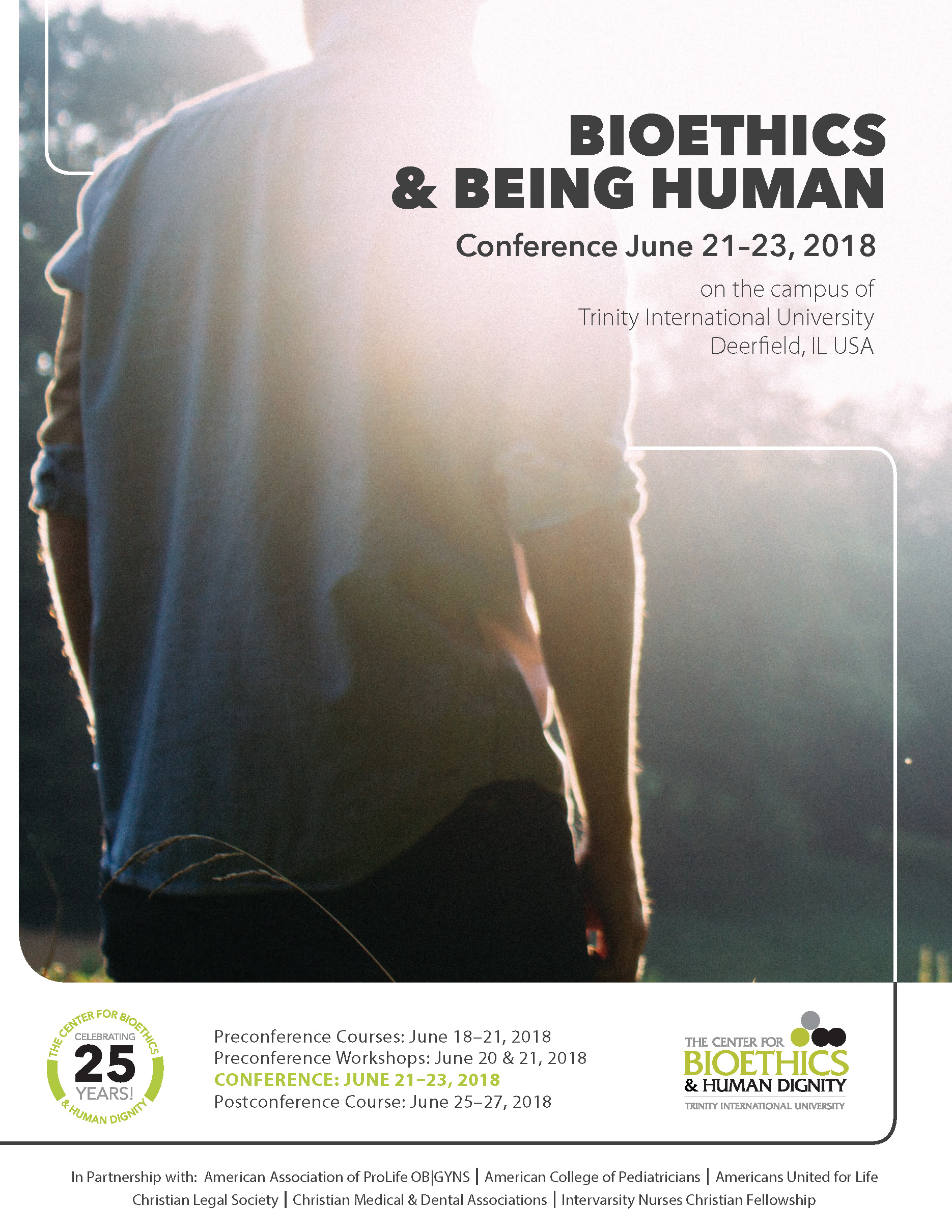
Throughout much of the 20th century, society understood genetics in a largely deterministic fashion, with particular gene variants leading invariably to particular traits. Many scholars even compared the information in the genome to the Aristotelian soul. This genetic essentialism led to threats to human dignity through programs seeking to eliminate those deemed unfit because of their genetic constitution through programs of artificial selection, such as state-sponsored eugenics and prenatal genetic screening programs. Developments in scientific understanding of the genome and epigenetics, which showed the complexity of connecting DNA sequence to actual traits, have largely undermined this model. While a deterministic model with the resulting screening programs persist, a new picture of the relationship between genetics and the human person is replacing it. This model sees every individual as at risk, and looks to genetics to reveal each person’s individual risk factors. This information carries an imperative to watch oneself and intervene to manage these risks through lifestyle changes, medications, surgeries, and even genetic manipulations. This model of genetics as risk raises new threats in the form of unethical interventions and problematic understandings of ourselves that scholars are only beginning to explore.